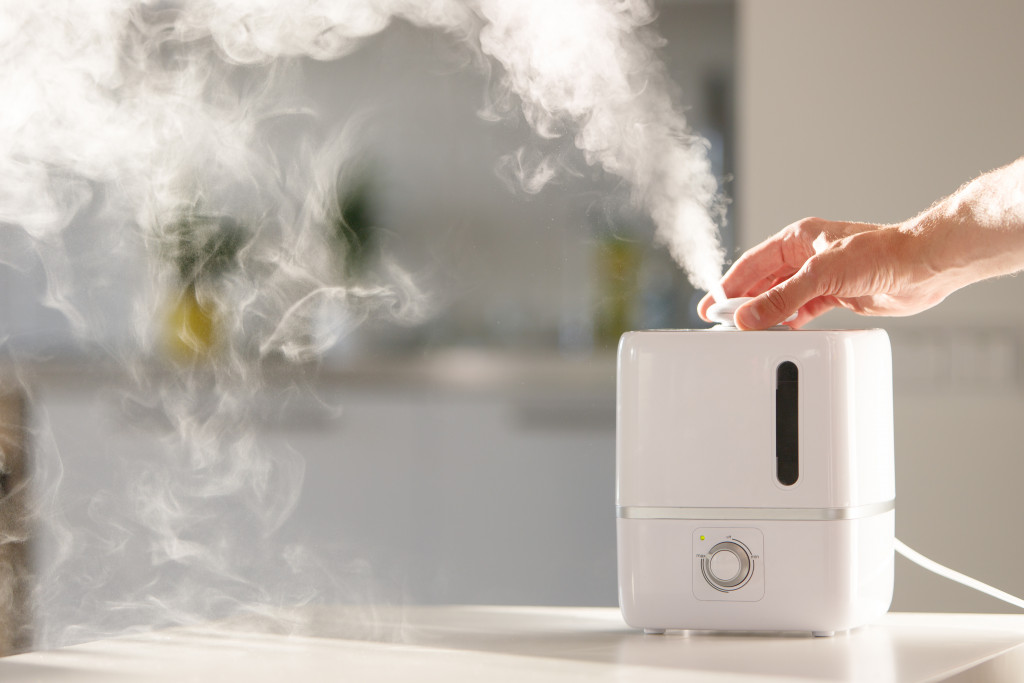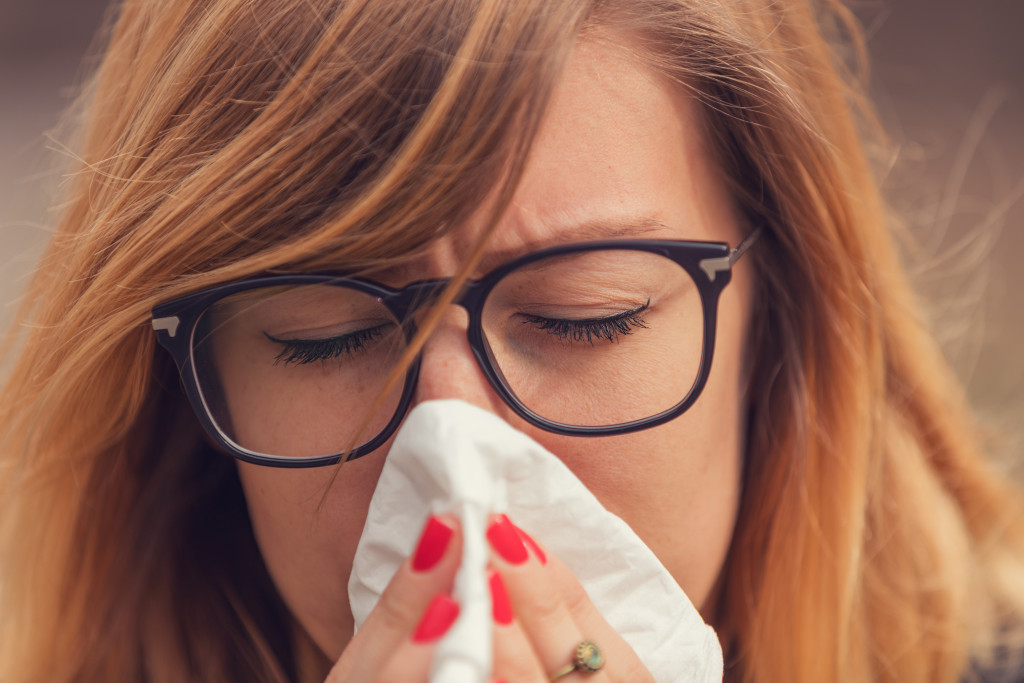Allergic rhinitis, which is commonly known as hay fever, affects millions of people around the world. According to the American Academy of Allergy Asthma & Immunology (AAAAI), approximately 10-30% of adults and up to 40% of children suffer from allergic rhinitis. Statistics also show that 8-10% of adults who suffer from this condition have been diagnosed with it by a medical professional. The remaining 20-30% are undiagnosed and may not even know they have it.
The symptoms associated with allergic rhinitis are often similar to those found during a cold or flu: runny nose, sneezing, congestion, scratchy throat, watery eyes, and post-nasal drip. However, these symptoms can be more persistent and severe in those suffering from allergic rhinitis than in cold or flu. Even more concerning is that allergies can worsen over time, leading to more frequent episodes and more prolonged symptoms each time.
If there are signs that you are suffering from allergic rhinitis, it is critical to meet with your doctor to get an accurate diagnosis. In the meantime, you can take a few steps at home to help alleviate some of the symptoms. Here are a few of them.
Get Rid of Dust
Dust mites, pet dander, and other airborne allergens are some of the most common triggers of allergic rhinitis. These particles are typically found in carpets, furniture, fabrics, and other upholstered surfaces. Therefore, it is vital to regularly clean these areas to reduce the number of allergens that could worsen your symptoms. Vacuuming or steam cleaning carpets can help rid them of dust mites and other allergens. It would help if you also vacuumed bedding and furniture or steam cleaned regularly as well. You can also purchase dust-proof covers for mattresses and pillows to reduce the chance of dust mite buildup.
It is also essential to wash all bedding weekly in hot water with detergent specifically designed for allergy sufferers. Doing this will help prevent an allergic reaction and rid these items of any existing allergens.
When cleaning around the house, opt for vacuums equipped with HEPA filters which can capture more than 99% of small particles, including dust mites and pet dander which may trigger an allergic reaction. Furthermore, avoid using aerosol sprays as they can make matters worse by spreading more allergens into your environment.
Get Air Purifiers

Air purifiers can be incredibly helpful in reducing allergens that could worsen your allergic rhinitis. These machines will filter out many offending particles and help reduce the amount of them present in your home, office, or any other environment. Look for models certified by the Association of Home Appliance Manufacturers (AHAM) to ensure they effectively eliminate airborne particles.
Of course, maintenance will be necessary for these machines, so make sure to check the filter regularly and replace it according to the manufacturer’s instructions.
Increasing the humidity in your home can help reduce allergic rhinitis symptoms by trapping dust particles and other allergens as they fall to the ground. Humidifiers are an ideal way of doing this. If possible, keep relative humidity between 40-50% — too much, and you will be at risk of developing mold in your home; too little and it won’t help with allergies./p>
Natural air purifiers can also be helpful. Plants like aloe vera and ferns can help absorb allergens to reduce your symptoms. While there is a lot of debate about their efficacy, it may still be worth exploring this option if you’re struggling with allergic rhinitis.
Keep Your Windows Shut
To further reduce exposure to allergens, keep windows shut when possible. This will limit the amount of outside air entering your home and increase indoor air filtration from any air purifiers or filters you have in place. It is also essential to avoid using fans that could spread pollen or other particles throughout the environment.
You can get allergy tests at home to check if allergens are clogging up inside. The result will tell you if the allergens are coming from inside or outside and help you develop an action plan to reduce your exposure.<
Keep Medications Near
It is a good idea to have medications on hand when dealing with allergic rhinitis. For mild symptoms, over-the-counter antihistamines and decongestants can be helpful. However, if your symptoms are more severe, you should see a doctor for prescription medication. Additionally, many natural remedies may help, such as taking probiotics or trying essential oils like lavender or eucalyptus.
However, they might not be enough to eliminate all symptoms. In that case, you should talk to your doctor about a longer-term solution, such as allergy shots, which could help reduce your sensitivity over time.
Final Thoughts
>Allergic rhinitis can be a frustrating and uncomfortable condition to live with, but there are steps you can take at home to help reduce the symptoms. Regularly clean surfaces, purchase air purifiers, keep windows closed when possible, and have medications on hand in an emergency. Ultimately, if your symptoms persist for over a few weeks or become severe enough to interfere with daily life, you must see a doctor for further treatment.

